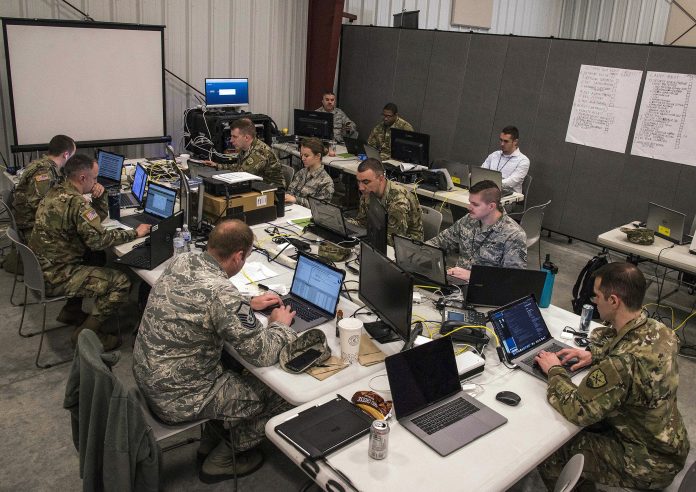The security of vital installations, such as airports, power plants, and government buildings, is critical to a nation’s safety and stability. In India, this responsibility primarily lies with the Central Industrial Security Force (CISF) and state police forces. However, in certain situations, particularly when there is a heightened threat perception, the Indian Army steps in to provide additional support, expertise, and resources.
Primary Security Framework
Vital installations like airports, nuclear facilities, and key government buildings are classified as high-risk zones due to their significance to national security and public welfare. The CISF and local police forces are well-equipped and trained to manage day-to-day security operations in these locations. Their responsibilities include surveillance, access control, emergency response, and protection against potential threats.
The Army’s Role
While the CISF and police are the first line of defense, the Indian Army becomes involved under specific circumstances. When intelligence agencies identify a heightened threat, such as terrorist activities or sabotage attempts, the army may be called upon to assist in securing these critical sites. The army’s involvement usually takes the form of providing technical expertise, enhanced surveillance capabilities, or deploying specialized units to augment existing security forces.
Army personnel are particularly skilled in counter-terrorism operations, handling explosives, and managing high-stress scenarios, making their support invaluable during crises. For example, during situations like heightened border tensions or intelligence alerts about specific threats, the army may be tasked with securing strategic installations temporarily until the threat subsides.
Joint Training and Simulations
To ensure seamless coordination, the Indian Army frequently conducts joint exercises with CISF and state police forces. These training sessions focus on improving response times, information sharing, and decision-making under pressure. This collaborative approach ensures that all agencies are prepared to act cohesively in real-world scenarios.
Emergency Support
In extreme cases, such as natural disasters, civil unrest, or large-scale emergencies, the army’s involvement goes beyond conventional security. It provides logistical support, assists in evacuation efforts, and helps restore normalcy, ensuring the safety of critical infrastructure.
The Indian Army’s role in securing vital installations is an example of its multifaceted contributions to national security. While the primary responsibility rests with the CISF and state police, the army’s expertise and readiness serve as a crucial layer of defense during emergencies or heightened threats. This collaborative framework underscores the importance of a united effort to protect India’s critical infrastructure from evolving challenges.

